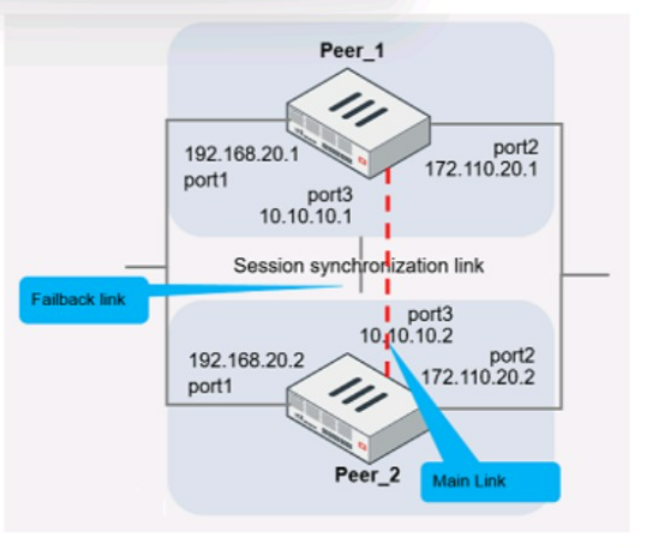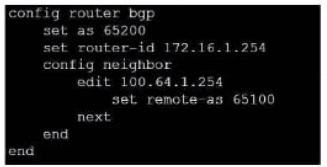At ValidExamDumps, we consistently monitor updates to the Fortinet NSE7_EFW-7.2 exam questions by Fortinet. Whenever our team identifies changes in the exam questions,exam objectives, exam focus areas or in exam requirements, We immediately update our exam questions for both PDF and online practice exams. This commitment ensures our customers always have access to the most current and accurate questions. By preparing with these actual questions, our customers can successfully pass the Fortinet NSE 7 - Enterprise Firewall 7.2 exam on their first attempt without needing additional materials or study guides.
Other certification materials providers often include outdated or removed questions by Fortinet in their Fortinet NSE7_EFW-7.2 exam. These outdated questions lead to customers failing their Fortinet NSE 7 - Enterprise Firewall 7.2 exam. In contrast, we ensure our questions bank includes only precise and up-to-date questions, guaranteeing their presence in your actual exam. Our main priority is your success in the Fortinet NSE7_EFW-7.2 exam, not profiting from selling obsolete exam questions in PDF or Online Practice Test.
Refer to the exhibit, which shows two configured FortiGate devices and peering over FGSP.

The main link directly connects the two FortiGate devices and is configured using the set
session-syn-dev
What is the primary reason to configure the main link?
The primary purpose of configuring a main link between the devices is to synchronize session information so that if one unit fails, the other can continue processing traffic without dropping active sessions.
A. To have both sessions and configuration synchronization in layer 2. This is incorrect because FGSP is used for session synchronization, not configuration synchronization.
B. To load balance both sessions and configuration synchronization between layer 2 and 3. FGSP does not perform load balancing and is not used for configuration synchronization.
C. To have only configuration synchronization in layer 3. The main link is not used solely for configuration synchronization.
D. To have both sessions and configuration synchronization in layer 3. The main link in an FGSP setup is indeed used to synchronize session information across the devices, and it operates at layer 3 since it uses IP addresses to establish the peering.
Refer to the exhibit, which contains a partial BGP combination.

You want to configure a loopback as the OGP source.
Which two parameters must you set in the BGP configuration? (Choose two)
Which two statements about the BFD parameter in BGP are true? (Choose two.)
Bidirectional Forwarding Detection (BFD) is a rapid protocol for detecting failures in the forwarding path between two adjacent routers, including interfaces, data links, and forwarding planes. BFD is designed to detect forwarding path failures in a very short amount of time, often less than one second, which is significantly faster than traditional failure detection mechanisms like hold-down timers in routing protocols.
Fortinet supports BFD for BGP, and it can be used over multiple hops, which allows the detection of failures even if the BGP peers are not directly connected. This functionality enhances the ability to maintain stable BGP sessions over a wider network topology and is documented in Fortinet's guides.
How are bulk configuration changes made using FortiManager CLI scripts? (Choose two.)